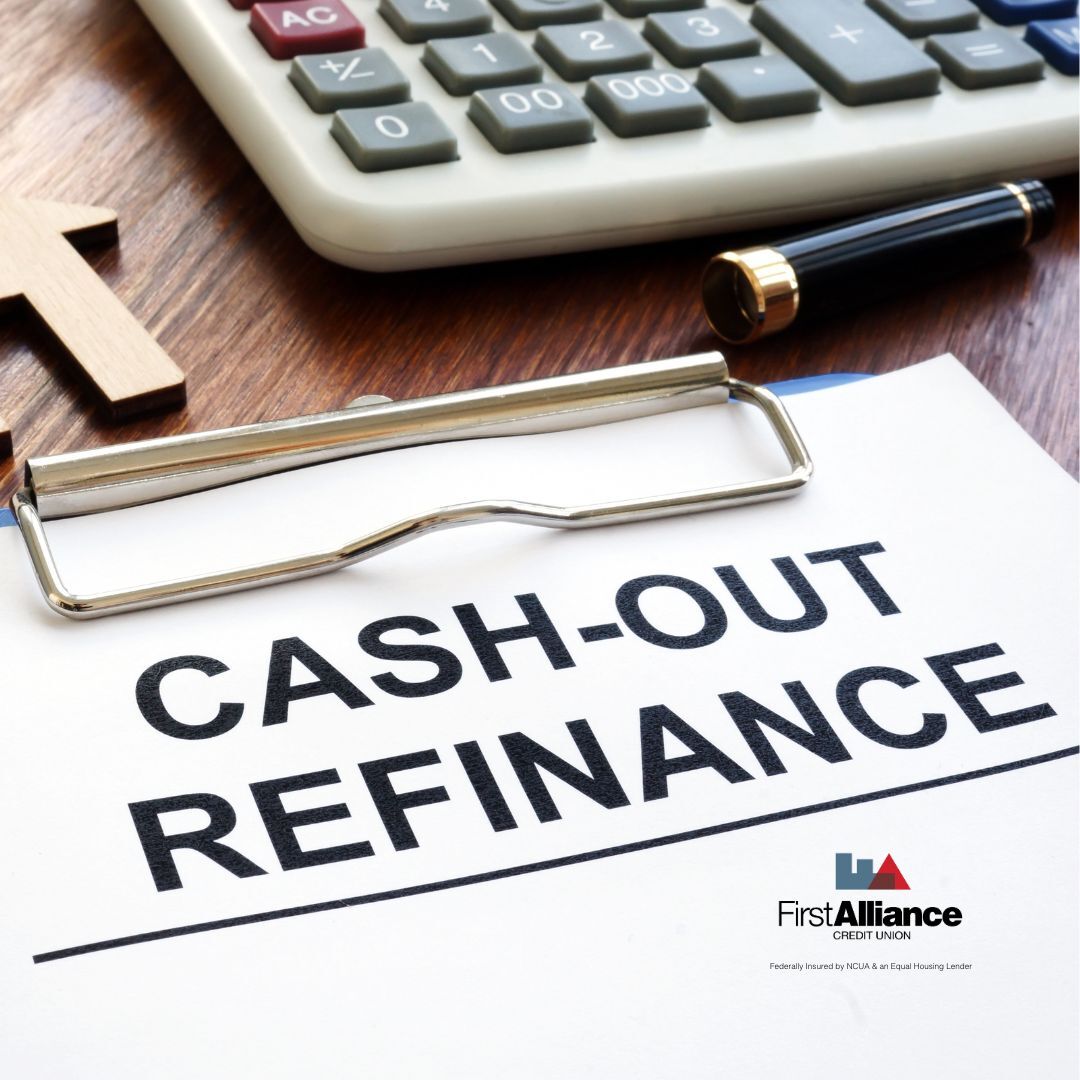What is a Home Equity Loan and What are the Best Ways to use It?
Believe it or not, the best part about buying a home might not be getting a place to call your own. You also get access to your home’s equity, an...

A home equity loan is when a lender loans you money against your home’s equity. Payments are made every month on top of your existing mortgage. Being able to take out a loan against your house for emergencies or other expenses gives people flexibility when they are short on liquid cash.
One downside of a home equity loan is that you are risking your house for it. You are setting your house up as collateral, so if you end up not being able to repay your loan the bank can take it from you.
This type of loan also reduces the original equity you have on your home, which means you will have to pay off both your mortgage and home equity loan if you ever decide to sell your house. It is important to plan carefully and make sure you’re taking the right step when you decide to take secure a home equity loan.
Home equity loans are very different than a home equity line of credit (HELOC). A HELOC gives you access to a line of credit that is similar to a credit card against your house, while a home equity loan gives you a lump sum of money.
The amount of home equity loan you can take depends on how much equity you have in your house. Home equity is the value of your house after removing the mortgage you owe from the home’s value. Lenders use your equity to determine the amount of loan money you can receive. Your credit score and income also play an important part in this determination.
The amount you can borrow against your house is a percentage of home equity. The percentage fluctuates depending on the lending institution. If your loan gets approved, you get the money all at once, unlike home equity line of credit which only lets you take what you need for the moment.
Press play for Andrea’s quick tips on Home Equity Loans.
You can use home equity loans for anything you want. The money you receive is in a lump sum so you can use it for big expenses like home repairs, college tuition, remodeling the house, paying off credit card debts, etc.
Like mortgages, home equity loans also come with additional fees and charges. These can include title fees, appraisal fees, closing fees, and early payoff fees. Different lenders have different fees. That is why it is best to investigate multiple lenders to compare fees and interest rates.
If you are in need of money for something important, then you can take out a home equity loan. However, you should make sure you can pay back the loan easily and on time because you are putting your home at risk.
The interest rate on a home equity loan is typically lower than a credit card or any other type of loan. That is why it can be more advantageous to utilize a home equity loan. Another advantage is that the interest on a home equity loan can be tax deductible.
Need cash for a real-life expense like a roof repair, braces, or high-interest debt that keeps growing? A home equity loan lets you turn some of your home’s value into one lump sum. You get a fixed interest rate and a steady monthly payment, which makes budgeting easier. Payments are on top of your mortgage, so plan for both. This option shines when the cost is one time and clear, like a contractor bid or a balance-payoff plan.
Know the tradeoffs. Your home is the collateral. Missed payments can put it at risk. There are upfront costs such as appraisal, title, and closing fees, and both your mortgage and the home equity loan are due if you sell. Tax benefits may apply for some people. Ask a tax professional.
If you want flexible money over time, compare a HELOC. A Home Equity Line of Credit works like a reusable line you can draw, repay, and draw again. It fits projects done in phases or unpredictable costs. Payments can change because rates are often variable. Still deciding which fits your budget and timeline? Visit First Alliance Credit Union to compare a home equity loan and a HELOC side by side and get friendly, no-pressure guidance for your situation.

Believe it or not, the best part about buying a home might not be getting a place to call your own. You also get access to your home’s equity, an...


A house is usually one of the biggest assets that a person owns. Whether it is big or small, it plays an important role in a person’s life. That is...